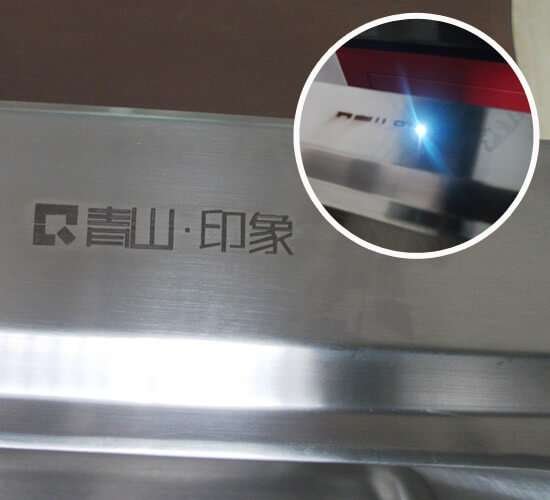Identify Your Material and Marking Requirements
Start by pinpointing the materials you’ll be marking—be it metals, plastics, or composites. Also, determine the type of information you need to mark, such as serial numbers, barcodes, or logos. This clarity will guide your choice of technology.
Understand the Different Marking Technologies
Each marking method has its strengths:
- Fiber Laser Marking: Ideal for high-speed, high-precision marking on metals and some plastics. It’s maintenance-free and offers a long service life.
- Dot Peen Marking: Best for deep, durable marks on metal surfaces. It’s cost-effective and suitable for rough environments.
- UV Laser Marking: Suitable for delicate materials like plastics and glass, providing high-contrast marks without damaging the surface.
- CO₂ Laser Marking: Works well on organic materials like wood, paper, and certain plastics. Not typically used for metals.
Consider Your Production Environment
Think about how the machine will fit into your workflow:
- Portability: Do you need a handheld device for marking large or immobile parts?
- Automation: Will the machine integrate into an existing production line for automated marking?
- Volume: High-volume production may benefit from faster, automated systems, while low-volume operations might prioritize flexibility.
Evaluate Software and Usability
User-friendly software can significantly impact efficiency:
- Interface: Look for intuitive interfaces that simplify operation.
- Compatibility: Ensure the software integrates well with your existing systems.
- Support: Check if the manufacturer offers training and ongoing support.
Assess Total Cost of Ownership
Beyond the initial purchase price, consider:
- Maintenance Costs: Some machines require regular upkeep, which can add to long-term expenses.
- Consumables: Determine if the machine uses consumables like inks or gases, which will incur ongoing costs.
- Energy Consumption: Energy-efficient machines can reduce operational costs over time.
